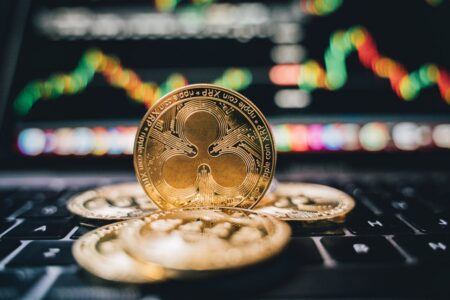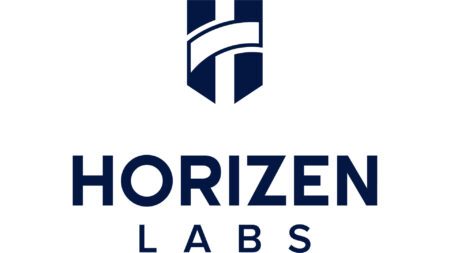The TRON Foundation, an organization created to support the development of the TRON network, has recently announced a $20 million TRX token buyback that’s set to “promote community activity and market stability.”
According to a Medium blog post, the TRX buyback will be “by far the largest” token buyback plan the Foundation has ever had, and will have “the widest coverage in the secondary market.” The buyback is set to last for a year and will have several batches.
The TRON Foundation’s TRX holdings, it added, will be unlocked on January 1 of 2020, although the organization has no plans for its TRX at the time. Currently, one TRX token is trading at $0.034 after falling 10.6% in the last 24-hour period.
The token’s price dropped amid a major market sell-off that has seen the price of some altcoins – including Litecoin, EOS, and XRP – drop by well over 10%. The price of BTC is currently down 5.4% in said period. The selloff is likely being caused by traders taking profits off of the bull run we’ve been seeing since the beginning of the year.
Earlier this year, TRON announced a soon-to-be-released upgrade for its blockchain, called Odyssey 3.6. It’ll reportedly include features that are set to improve the network’s security and stability.
Odyssey V3.6 will allow developers to create customizable dApps, enhance protocol data check, add transaction permission settings for users, and optimize the peer-to-peer network. In other words, this upgrade will improve network security and make it easier to work with. #TRON https://t.co/5yA3VgEMRo
— TRON Foundation (@Tronfoundation) June 27, 2019
As CryptoGlobe covered, in May of this year the TRON Foundation announced BitTorrent, a leading peer-to-peer file sharing platform, would be incorporating the BitTorrent File System (BTFS) protocol to “allow users to receive and host storage on their computers with other individuals and businesses.”
The TRON Foundation has recently celebrated its Independence Day, as on June 25, 2018 the TRON mainnet was launched and its genesis block was created. Since then, the network has grown to over 3.1 million mainnet addresses, and an average of 1.5 million transactions per day, according to Justin Sun.









